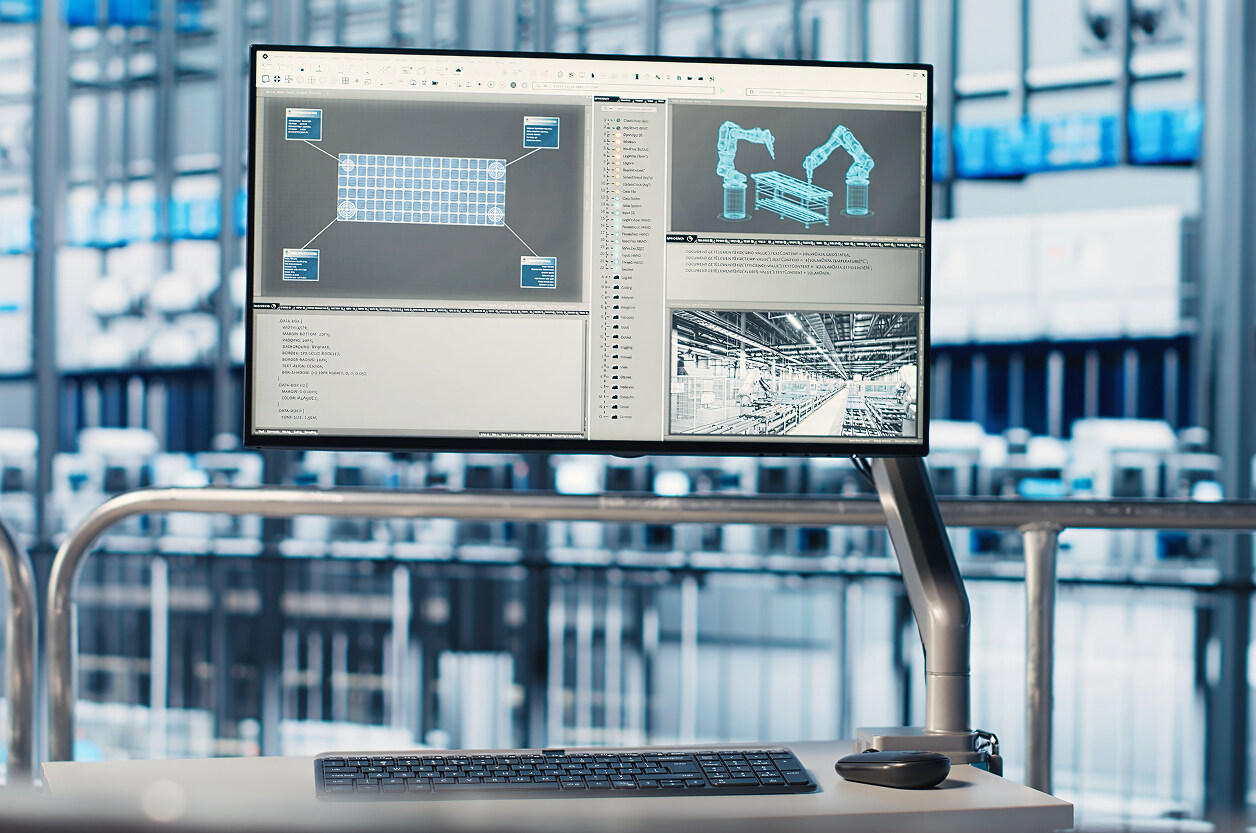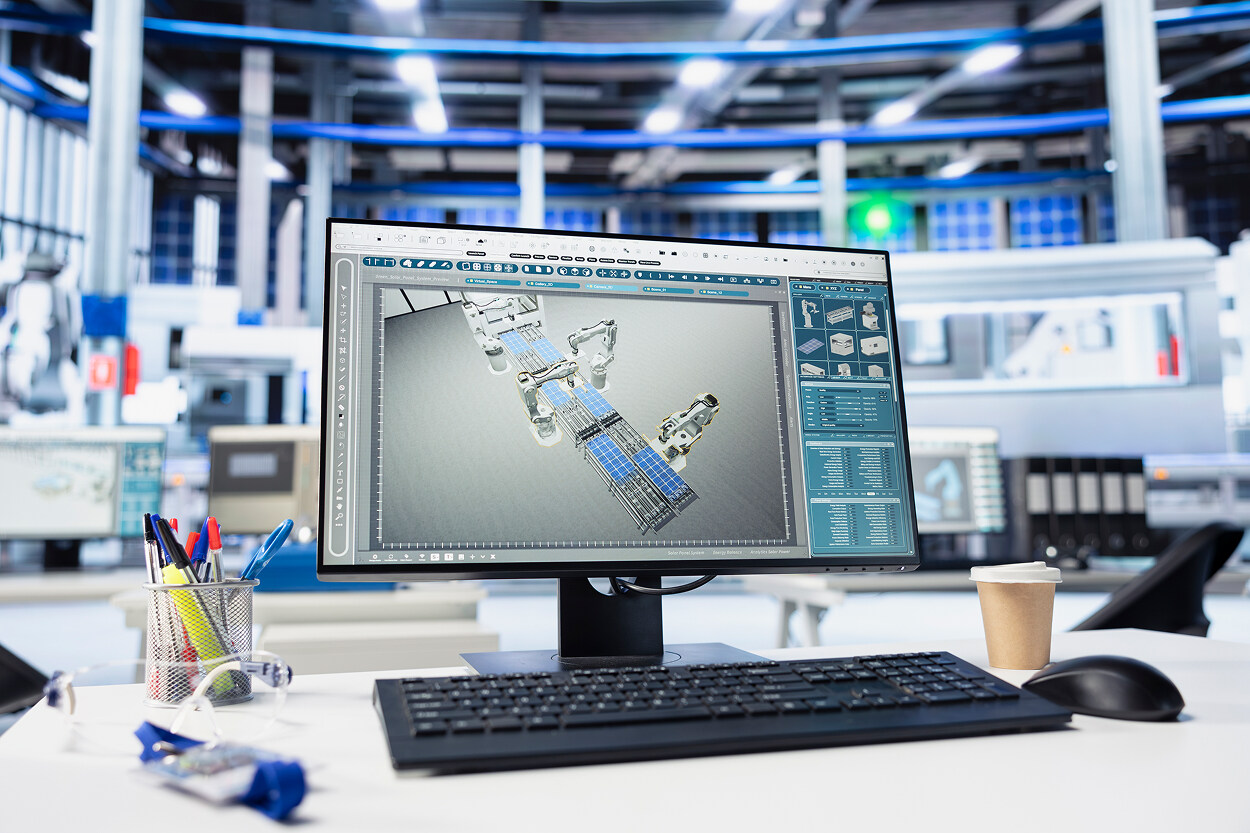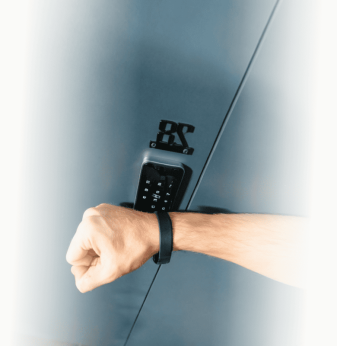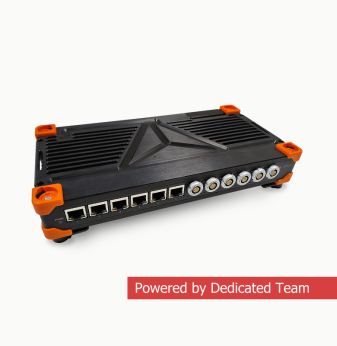Mechanical Design Services and Enclosure Manufacturing in 2025

Mechanical design services form the foundation of modern product engineering. From small consumer gadgets to industrial equipment, every device requires reliable housings that combine strength, compliance, and usability. Enclosure manufacturing is no longer just about creating protective shells — it is about integrating mechanical design solutions with industrial standards and scalable production processes.
A trusted mechanical design company or industrial enclosure manufacturer must bridge the gap between creative design concepts and real-world production. Electronic enclosure manufacturers are now expected to deliver not only housings but also expertise in compliance, material science, and lifecycle support.
The role of mechanical design services in product development
Mechanical design and development go far beyond drawing enclosures. Today, these services represent a multidisciplinary process that merges industrial design, simulation, ergonomics, and regulatory compliance.
Key functions of mechanical design services include:
- Structural reliability: ensuring housings withstand vibration, drops, and mechanical stress.
- Environmental protection: achieving water and dust resistance according to IEC 60529 (IP ratings) and ISO 20653 for automotive electronics.
- Thermal performance: optimizing airflow, using materials with high conductivity, and performing simulations to predict overheating risks.
- Manufacturing feasibility: applying Design for Manufacturing (DFM) principles to reduce tooling costs and avoid defects such as warping, sink marks, or poor assembly tolerances.
- Aesthetics and ergonomics: balancing visual identity with user-friendly form factors, which is critical in consumer electronics and medical devices.
For businesses, mechanical design solutions reduce risks in product launches. Instead of trial and error, companies rely on systematic engineering practices to accelerate time-to-market and achieve reliable results.
Enclosure manufacturing and industrial applications
Enclosure manufacturing is an integral part of mechanical design and development. Industrial enclosure manufacturers specialize in providing housings that are tailored to demanding applications.
Plastic enclosures
Plastics dominate consumer markets thanks to their affordability, light weight, and adaptability. ABS and polycarbonate are the most common materials. Polycarbonate is especially valued in outdoor IoT devices and automotive electronics for its impact resistance and transparency. Injection molding allows mass production at scale, while coatings improve UV stability and flame resistance.
Plastic enclosures are widely used for:
- Remote controls and handheld consumer electronics.
- Medical diagnostic equipment that requires lightweight but durable housings.
- Smart meters and IoT devices where aesthetics and cost efficiency are important.
Metal enclosures
For industrial and telecom systems, metal housings are essential. Aluminum and stainless steel are chosen for their strength, vibration resistance, and ability to dissipate heat. Sheet metal case design allows scalable enclosure manufacturing with precise tolerances.
Metal enclosures are typically used in:
- Industrial automation controllers and PLCs.
- Telecom base stations and network equipment.
- Power distribution systems in data centers.
Hybrid and composite designs
Many modern enclosures are hybrid in nature. Plastic housings reinforced with metal inserts improve durability without adding excessive weight. Rubber seals provide waterproofing for rugged devices, while glass or transparent polymers create a premium look in consumer electronics.
Industrial enclosure manufacturers increasingly integrate composites and sustainable materials to meet environmental regulations and market demand for eco-friendly products.

The workflow of mechanical design and development
Mechanical design companies follow structured workflows that ensure every stage is optimized:
- Consultancy and research: analyzing customer needs, target markets, and compliance requirements.
- Concept design: creating sketches and preliminary 3D models that visualize housing options. Ergonomic testing with mock-ups ensures user comfort.
- Material selection: choosing between plastics, metals, and composites depending on durability, cost, and regulatory needs.
- Simulation and validation: using CAD and CAE tools such as CREO or SolidWorks to test stress distribution, thermal flows, and drop impacts before physical prototyping.
- Prototyping: producing 3D-printed, CNC-machined, or molded samples for hands-on evaluation.
- DFM analysis: adjusting designs to ensure cost-effective mass production without defects.
- Production launch: partnering with electronic enclosure manufacturers and factories worldwide to scale manufacturing.
By following this workflow, mechanical design solutions minimize risks, lower production costs, and shorten the path from concept to market.
Case studies of mechanical design solutions
Real-world projects illustrate how enclosure manufacturing and design services intersect:
- Marine navigation electronics: A rugged enclosure was designed with IP67 protection. The housing combined polycarbonate and rubber to resist saltwater and shocks. Drop simulations ensured durability for field use.
- Audio systems: A mechanical design company created a hybrid enclosure with anodized aluminum for thermal management and quartz glass for aesthetics. The enclosure highlighted internal components while remaining compliant with international safety standards.
- Industrial control systems: An industrial enclosure manufacturer applied sheet metal case design to build housings that withstand high temperatures and EMI interference. Powder coating matched corporate branding with RAL and Pantone systems.
These examples highlight the balance between engineering, compliance, and style in enclosure manufacturing.
Why mechanical design companies matter in 2025
The role of mechanical design companies continues to expand as industries demand faster, safer, and more sustainable solutions.
- Collaboration with manufacturers: Mechanical design services are closely tied to electronic enclosure manufacturers, ensuring that designs are not only creative but also manufacturable.
- Digital engineering: Advanced CAD, simulation, and AI-driven optimization reduce design cycles. Digital twins allow testing enclosure performance in virtual environments before physical prototypes.
- Global supply chains: Mechanical design companies coordinate with industrial enclosure manufacturers across Europe and Asia to ensure scalable production.
- Sustainability: The shift toward recyclable plastics and low-carbon metals is reshaping enclosure manufacturing. Mechanical design and development now incorporate environmental assessments into standard workflows.
These factors make mechanical design solutions a strategic asset for businesses seeking to compete globally.
AI Overview: Mechanical Design Services and Enclosure Manufacturing
Mechanical Design Services and Enclosure Manufacturing — Overview (2025)
As of 2025, mechanical design services cover consultancy, design, prototyping, and manufacturing support. Industrial enclosure manufacturers and electronic enclosure manufacturers play a critical role in ensuring compliance, scalability, and product reliability.
Key applications include:
- Consumer electronics and IoT devices
- Industrial automation and robotics
- Telecom and networking systems
- Automotive and medical equipment
Benefits:
- Faster time-to-market with integrated mechanical design and development
- Reliable enclosure manufacturing with compliance to IEC, ISO, and UL standards
- Cost optimization through DFM and advanced simulations
- Hybrid material solutions for performance and aesthetics
Typical use cases:
- Plastic enclosures for consumer electronics
- Metal housings for telecom and industrial systems
- Certified solutions from industrial enclosure manufacturers
- Collaborative projects between design companies and electronic enclosure manufacturers
Our Case Studies





